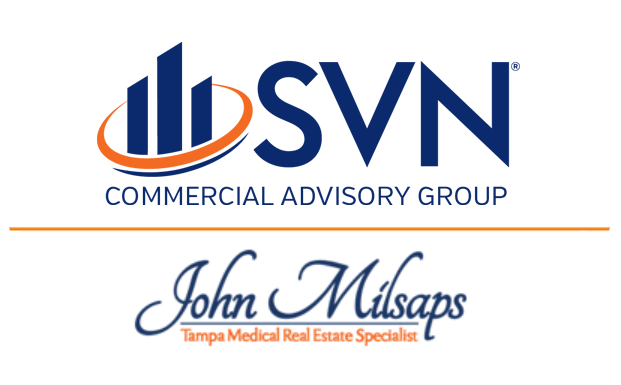How Healthcare Owner/Occupiers Can Leverage Sale-Leasebacks
 From staying abreast of the latest innovations in your field and patient care to keeping costs in check and insurance, as a healthcare practitioner, you have a lot on your plate. In addition to being a medical or dental professional, you are also an entrepreneur who may want to grow or invest in your business, acquire new equipment, hire more support, or expand with a new office in an underserved part of town. While revenue is coming in, it may not be enough to cover the kind of investment you want to make, and more debt is not an option.
From staying abreast of the latest innovations in your field and patient care to keeping costs in check and insurance, as a healthcare practitioner, you have a lot on your plate. In addition to being a medical or dental professional, you are also an entrepreneur who may want to grow or invest in your business, acquire new equipment, hire more support, or expand with a new office in an underserved part of town. While revenue is coming in, it may not be enough to cover the kind of investment you want to make, and more debt is not an option.
If you own your commercial property, a sale-leaseback may be just what the doctor ordered.
A sale-leaseback is when a property owner, who is also an operator, such as a doctor or dentist, sells their property but continues to operate their business in the building by leasing back the property from the new owner.
The arrangement is useful when a property owner needs or wants to gain access to cash, or wants to divest from a property but maintain the existing operational on the existing site. The property owner becomes the lessee.
The sale of the property gives him/her access to the equity in their property, allowing them to reinvest the funds in the business. The lease agreement is executed at the same time as the sale and the seller becomes the tenant while the buyer becomes the landlord.
Seller Benefits

The transaction allows you, the seller, to increase your liquidity while reducing your debt. In addition, the immediate access to capital allows you to:
- Expand your operations
- Upgrade or invest in new equipment and/or technology
- Invest in marketing, new practice members, etc.
- Pay off business debt
Plus, you can:
- Write off the entire lease payment instead of just the interest on the mortgage loan
- Remain in the same location without incurring moving costs and disturbing your practice operations and patients
- Improve your debt-to-income ratio, balance sheet, and income statement
- At the time of the sale, the existing mortgage loan will be removed from the balance sheet
- Interest and depreciation are also removed from the property owner’s financials
- Benefit from a lower cost of funds than debt financing through off-balance sheet financing
- Since sale-leaseback investors get the tax benefits of owning and depreciating the property, the seller can often be successful in obtaining a lower cost of capital than the cost for debt.
For more information on how you can leverage and benefit from a sale-leaseback, contact me.



